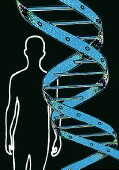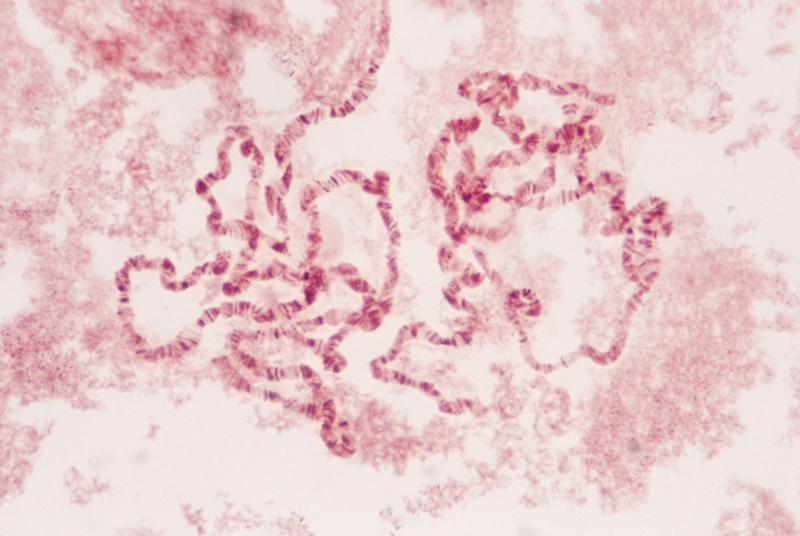
MONDAY, Sept. 9 (HealthDay News) — A genetic deletion may be linked to some cases of early onset Parkinson’s disease, researchers say.
The investigators found that people aged 35 to 64 who were missing DNA on a specific part of chromosome 22 were about 90 times more likely to develop Parkinson’s than people from the same age group in the general population.
People with this inherited genetic condition — called 22q11.2 deletion syndrome — have about 50 genes missing on chromosome 22. The condition occurs in about one in 2,000 to 4,000 people, and those with this genetic deletion may have birth defects (including heart defects), learning or speech difficulties, anxiety disorders, or schizophrenia.
Previously reported cases of patients with 22q11.2 deletion syndrome and Parkinson’s disease symptoms have indicated that there may be a link between the two conditions, according to the researchers from the Center for Addiction and Mental Health and University Health Network in Toronto.
Dr. Anne Bassett, director of the Center for Addiction and Mental Health’s Clinical Genetics Research Program, said 22q11.2 deletion syndromes has been studied in children and adolescents, but less is known about the syndrome in adults.
In addition, in some cases, Parkinson’s disease in 22q11.2 deletion syndrome is associated with abnormal accumulations of a type of protein in the brain (called Lewy bodies), similar to what has been found in another genetic form of Parkinson’s, the study authors said.
The findings, published online Sept. 9 in the journal JAMA Neurology, indicate that adults with 22q11.2 deletion syndrome should undergo routine checks for signs of Parkinson’s disease.
“Most people with 22q11.2 [deletion syndrome] will not develop Parkinson’s disease,” Bassett, director of the University Health Network’s Dalglish Family Hearts and Minds Clinic, the world’s first clinic dedicated to adults with 22q11.2 deletion syndrome, said in a news release. “But it does occur at a rate higher than in the general population. We will now be on the lookout for this so we can provide the best care for patients.”
Although the study found an association between 22q11.2 deletion syndrome and Parkinson’s disease, it did not find a cause-and-effect relationship.
More information
The U.S. National Institute of Neurological Disorders and Stroke has more about Parkinson’s disease.
Copyright © 2026 HealthDay. All rights reserved.

